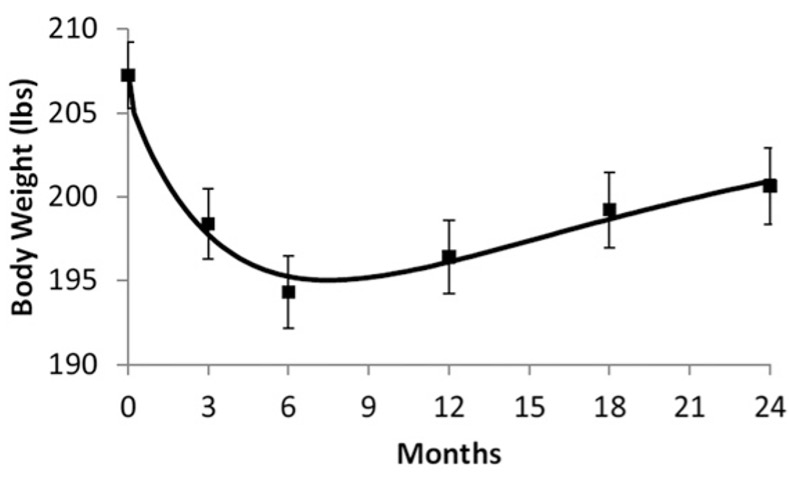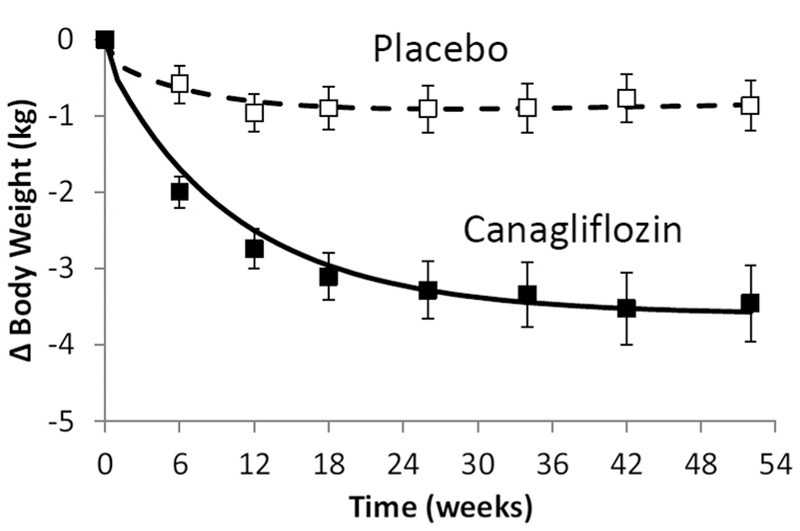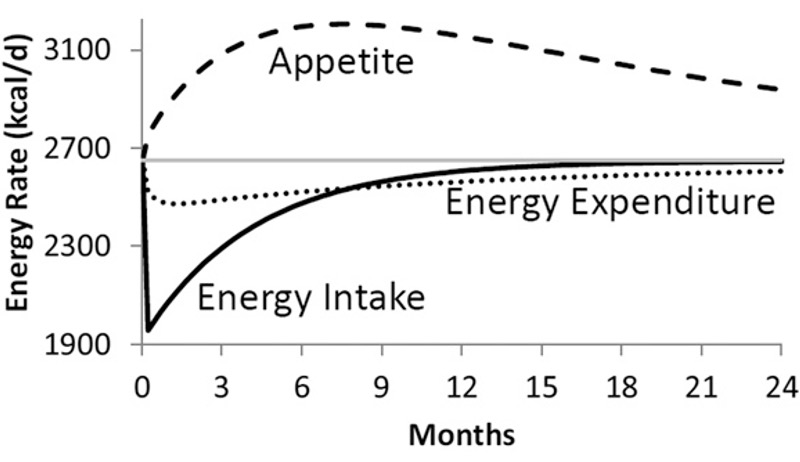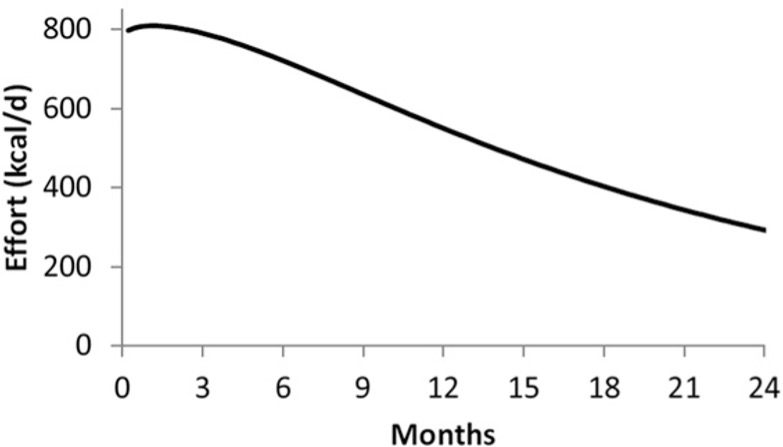We’ve all heard the common belief that those who maintain weight loss are those who just want it more, those with steely determination and iron clad willpower. Within this blog, I explain why we should delve further beyond surface level advice and snide remarks about willpower and weight loss to a more nuanced understanding of weight loss.

Meet Amy, determined to conquer the scale and show off her “new” self. Armed with a checklist of willpower, diet plans, and kale chips, she begins her journey. The cheers of encouragement surround her as she embarks on this quest. Those cheers continue to echo as she makes steady progress towards her goal.
Over time, her weight loss stalls and despite her best efforts, she finds it more and more difficult to stick to the plan. The cheers start to dissipate. Although Amy feels like she is trying her best, her weight starts to creep back up. The cheers turn to mumbled criticisms. This story is the Marvel movie of weight loss; it’s so typical and formulaic that we see weight loss curves like the one below in dozens of weight loss studies (Figure 1). So, do we believe Amy that she is trying her hardest despite the scales not telling us the same story? Or do we assume that she is just another weak willed failure who just didn’t want it badly enough? The latter belief is the one commonly held by many members of the public, and sadly by some health care practitioners, personal trainers and nutritionists. This perspective is an unfair portrayal that leaves out crucial chapters of the story, fundamentally the physiological adaptations our bodies can make to undermine even the most determined efforts.
Fat stores within our body play a number of essential roles, one of the most important is simply acting as a reserve of energy, because if sh*t hits the fan and we go through a time of famine the difference between survival and being worm food could be having adequate stores of energy to last until we gain access to food again. Thankfully, these days most people are not faced with the stress of famine we only have to cope with things like global warming, a rapid decline in the trust in science and realising mid-way through a presentation that you need to pronounce a complicated word you have only ever seen written down. Despite now being in a very different food environment the meat sacks our consciousness resides in has evolved to do what it can to conserve energy, and it’s that conservation of energy that can undermine genuine attempts at weight loss. So let’s delve into arguably the two most important factors that fight against weight loss, declining energy expenditure and increases in appetite signalling.

Figure 1 – Common weight loss trajectory showing an initial rapid decline in weight loss followed by a slow regaining of weight.
We know that fundamentally weight loss boils down to energy expenditure vs energy intake, often referred to as the energy balance equation. Our energy intake comes from the calories we consume in food whereas our energy expenditure is derived from complex metabolic process required to keep us alive and our physical movements, which includes everything from running a marathon to flicking your thumb on your phone whilst hate scrolling through TikTok at 2am.
Let’s delve into arguably the two most important factors that fight against weight loss: declining energy expenditure and increases in appetite signalling.
After weight loss our bodies will expend less energy. This happens for a few different reasons. One reason being that when someone loses weight they become a smaller human being. They weigh less. Bigger people require more energy day to day so it makes sense that as a person gets smaller, less energy will be expended.
These reductions in energy expenditure are sometimes exaggerated and labelled as “starvation mode” or “metabolic damage”, further feeding into the narrative that the individual is in some way broken. This is commonly followed up by some form of sales pitch for a supplement or plan that can “fix” the problem. Nothing says weight loss industry like exaggerating a problem, or fabricating one into existence and then selling a solution that does precisely nothing. In reality, the reductions in energy expenditure, whilst playing a role in undermining efforts to lose weight, are relatively modest compared to our next phenomenon.
To illustrate just how impactful changes in appetite are I’d like to walk you through a seminal publication lead by Kevin Hall, a scientist who has made massive contributions towards our understanding of obesity.
This publication was actually a secondary analysis of a randomised control trial designed to test the effects of a drug to treat diabetes. The drug works by limiting the reabsorption of glucose in the kidneys, meaning you pee out more glucose. In fact the participants allocated to the drug were excreting an average of 360kcals worth of glucose per day. So why is this interesting and how in anyway is it linked to willpower and weight loss? With every study that analyses the effects of dieting on weight loss it’s virtually impossible to blind the participants to which intervention group they are in. When it comes to food people know whether they are on a diet or not and that presents some issues when it comes to studying physiological mechanisms that might impact weight loss. You see, until the inevitable rise of the machines resulting in the integration of AI to replace our own consciousness, human beings will remain emotional beings at the beckon call of what our squidgy algorithm free brains want us to do. Whilst dieting we know we are restricting the types and amounts of food we consume, this can in of itself increase urges, impulse and cravings for food making it difficult to separate out what is going on physiologically versus psychologically. So within this particular study these individuals were dieting without really knowing it. They were covert dieters.
So what happened to their weight? Well over one year they lost bout 3.5 kgs, which was around 4% from their starting weight (Figure 2). That’s what we’d expect because of the way the medication works right? Not quite. If all things remained constant, by excreting 360kcals/day the participants should have lost a whopping 16kg. So why didn’t they? Well compared to the placebo group the covert dieters started eating more, about 340kcals/day, wiping out the deficit elicited by the pills. Remember these people did not know they were assigned to the drug, they did not know how much energy they were excreting. This means this increase in energy intake did not come from their conscious brains it come from subconscious physiological mechanisms which subtlety resist weight loss. That’s basically homeostasis. Our bodies have fascinating and intricate systems designed to keep our biology stable to ensure everything keeps working as it should, we keep our body temperature, blood glucose, pH all stable. The same appears to happening here for body fat.

Figure 2 Bodyweight changes during the course of study, showing consistent weight loss in the group assigned to the Canagliflozin drug.
If we left things here this would already be telling, but the authors explored this data in greater depth. They did so by using quite complex mathematical models but the key figure was that for every 1kg of weight loss energy intake increased by 100kcal/day, this is an effect on the energy balance equation that is much larger than the 30kcal/day reduction in energy expenditure per kilo of weight loss that had previously been reported. The importance of this finding becomes apparent when we apply the maths to a typical weight loss curve (Figure 1), one that shows an initial rapid decline in weight followed by a slow and steady regaining of weight. During this initial period energy intake will drop creating the caloric deficit required for weight loss, however we now know that as weight drops appetite is going to notably increase (Figure 3). Despite their best efforts valiantly fighting against their own bodies signals most people are going to slowly, and in many cases subconsciously, increase their energy intake which over time will lead to putting at least some of the weight back on.

Figure 3 An insight into energy balance and appetite during weight loss. Initially there is a rapid decline in energy intake, resulting in initial weight loss seen in figure 1. As weight is lost there is a large increase in appetite as well as a small decline in energy expenditure. Both of these contribute towards a stall and eventual regain in weight over time.
I have saved the most important finding from this paper for last. The authors went on to quantify “effort” by calculating the difference between the increased physiological drive to eat, that we now know comes in response to weight loss, and actual energy intake. A higher number equates to greater willpower being exhibited. Now take the weight loss curve shown earlier, notice anything about the weight at 2 years versus the starting weight? Its less, for two whole years. This means that for two years an individual could theoretically be battling against increased appetite and when we take the “effort” calculation and apply it to this example it looks like figure 4. Effort never reaches zero for the entire two year period, not once, not even during the period where weight is increasing. Now put yourself in Amy’s shoes, you’re trying, some days you really struggle, never feeling fully satisfied at meal times and despite this your weight is going back up. Those around you start to judge or question your experience. Imagine trying your hardest for two years only to be told that you didn’t want it enough by someone who has never come close to experiencing the same physical sensations you have lived with every day. If you are a health care practitioner, a nutritionist, a coach or anyone supporting individuals with weight loss please understand your experiences with weight loss, food and nutrition are not likely to be same as many of you clients or patients. Assuming that a lack of willpower is the kryptonite undermining weight loss is neither helpful nor accurate.

Figure 4 Effort quantified as the difference between increased appetite and actual energy intake. Effort wains over time, which is perhaps to be expected given diminishing results, but always stays positive even during a period weight regain. Does this look like a lack of willpower for weight loss to you?
The rate of energy expenditure decline and indeed the uptick in appetite is not uniform across individuals, varying due to an assortment of other factors. Furthermore, the point at which the body will start to more rabidly defend its current level of body fat seems to vary between individuals too. This explains why some people seem to be able to maintain a relatively lean physique with little effort whilst for others this is virtually impossible. We are in an industry where a lot of the practitioners charged with supporting folks to lose weight haven’t struggled with their weight in the same way that their patients or clients have. We know that our own lived experiences are a monumental driver of bias, so in many ways it makes sense that many will hold the assumptions this article was designed to challenge. Whilst it may be impossible for you to walk a mile in the shoes of someone who has struggled to maintain weight loss, I hope you can now at least appreciate that their feet might hurt a little. Understanding this physiological tug-of-war is key to supporting sustainable weight management. By acknowledging our body’s natural inclination to adjust, we can approach the topic of willpower and weight loss with compassion and patience.
The study I have outlined is just one piece of the obesity puzzle, albeit a very important one. While the battle against this decline may seem daunting, it’s not insurmountable. We know that some people are able to sustain monumental weight loss for long periods of time. It’s possible that over time these physiological adaptions to weight loss subside and individuals find new homeostatic settling points or that these mechanisms are not as strong in everyone. The point of this article wasn’t to argue that goals of losing weight are fruitless. Losing weight is difficult, much more difficult than is often portrayed on social media and relying on willpower alone is like trying to win a chess match with a deck of Uno cards. Instead we need multi-pronged interventions that focus on things we know can work long term, and surprisingly screaming calorie deficit over and over again like a defective Buzz Lightyear hasn’t made the list. Its delivering dietary strategies that focus on promoting satiety, improving body image, developing intrinsic motivation to be physically active, practicing flexible eating restraint, building self-efficacy and finding ways to address overeating as a response to feelings, thoughts and emotions.

Paul is a sports nutrition consultant and educator with a PhD in Nutrition and Exercise Science. With over a decade of experience, Paul specialises in optimising performance and recovery for endurance athletes through evidence-based strategies. As a lecturer and researcher, Paul has published in peer-reviewed journals and worked with athletes, sports teams, and organisations to achieve peak performance.
